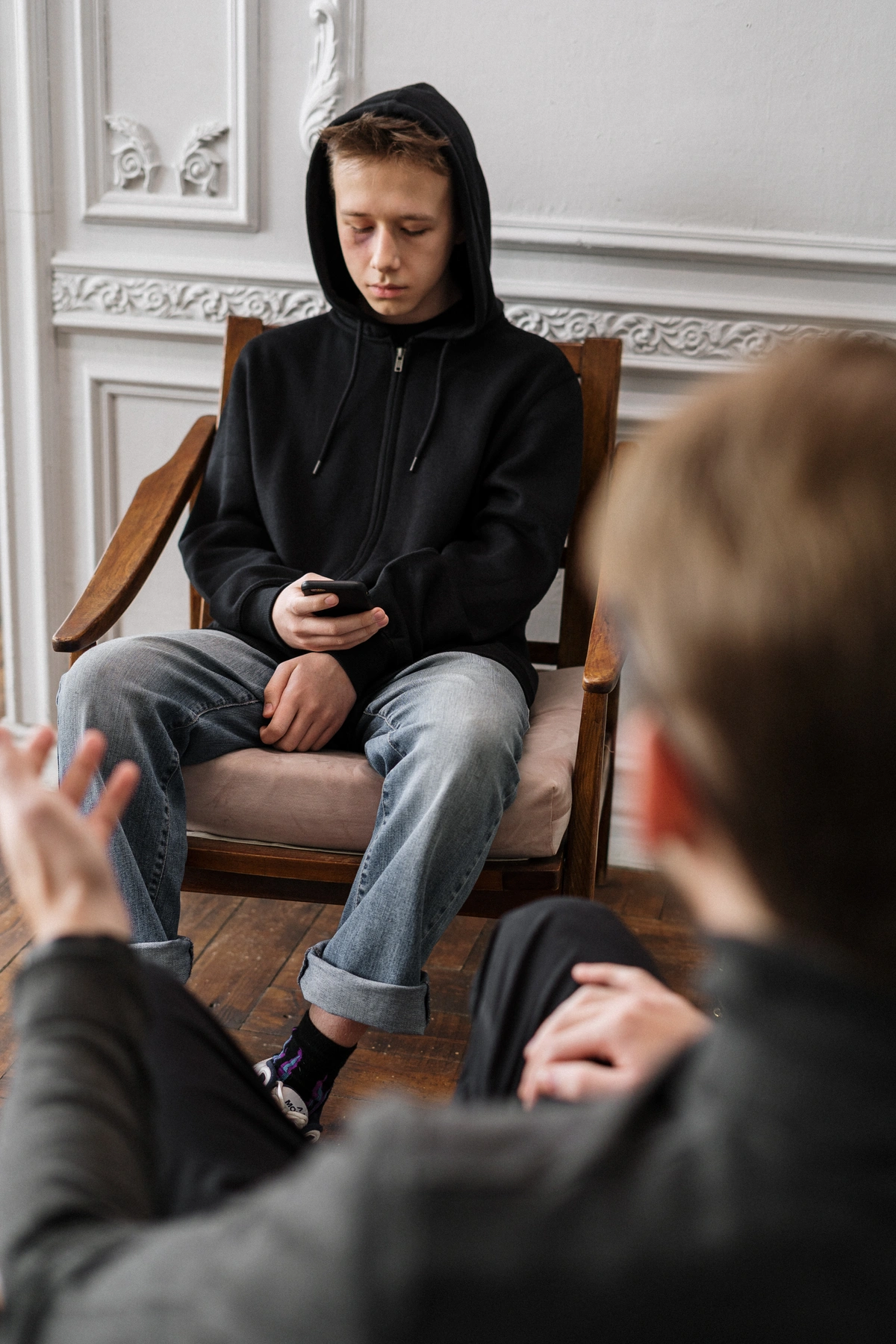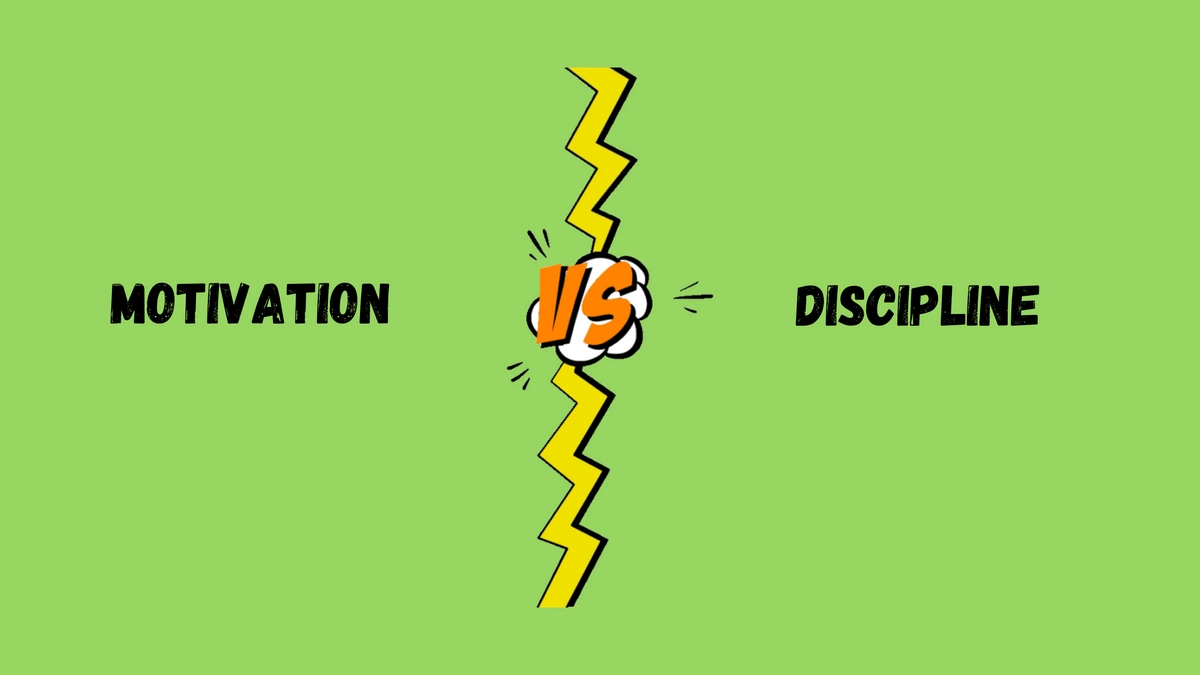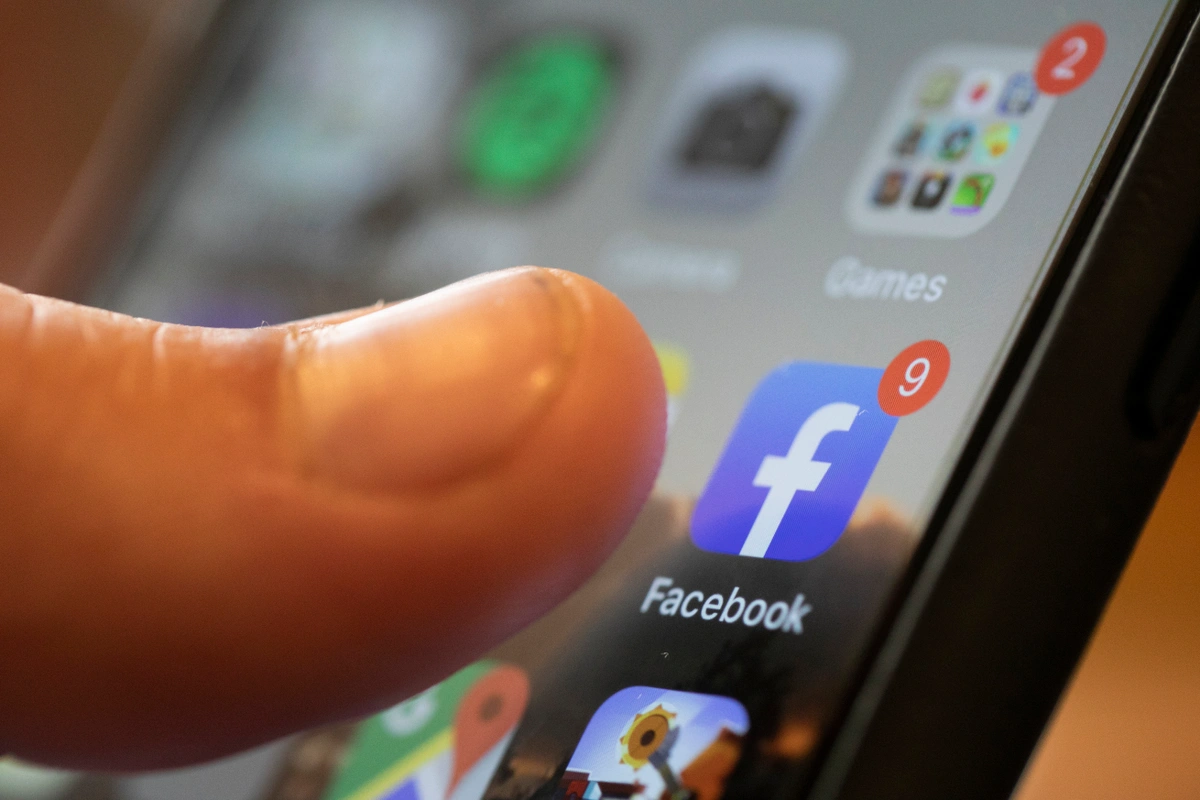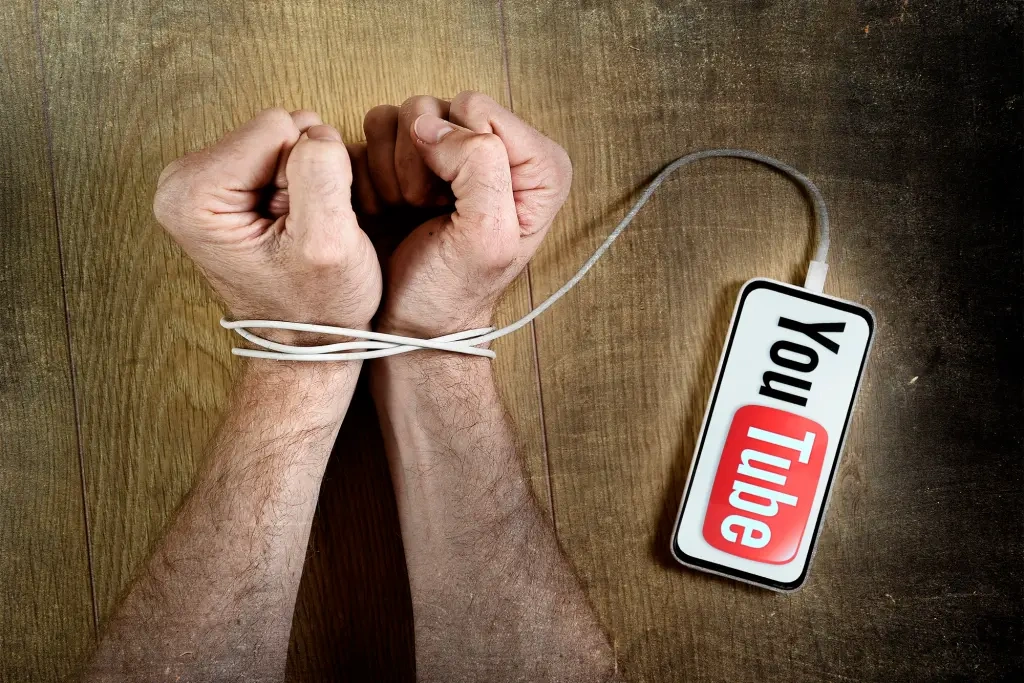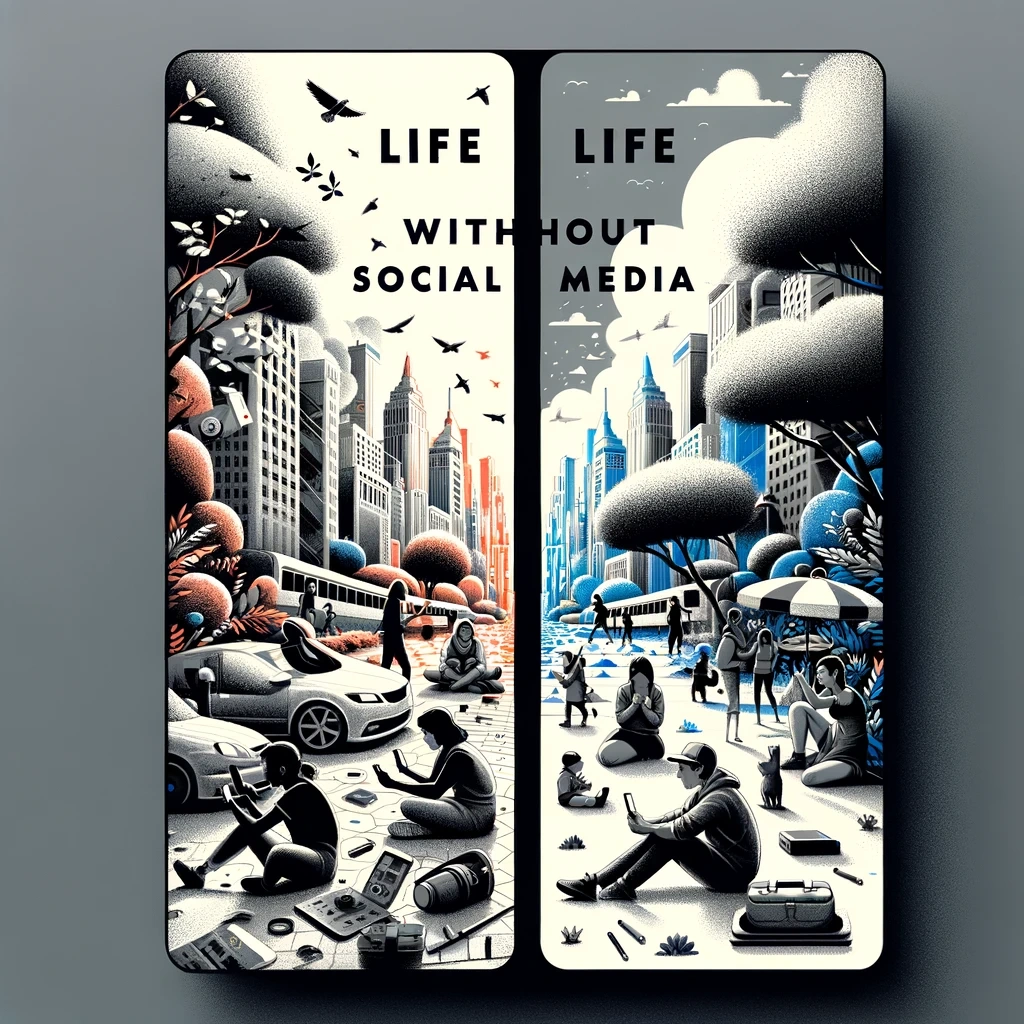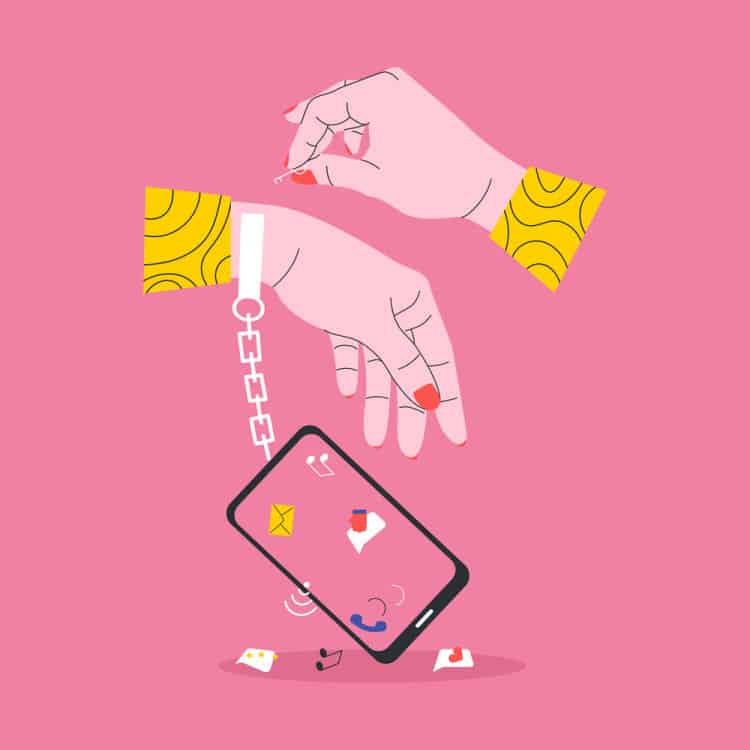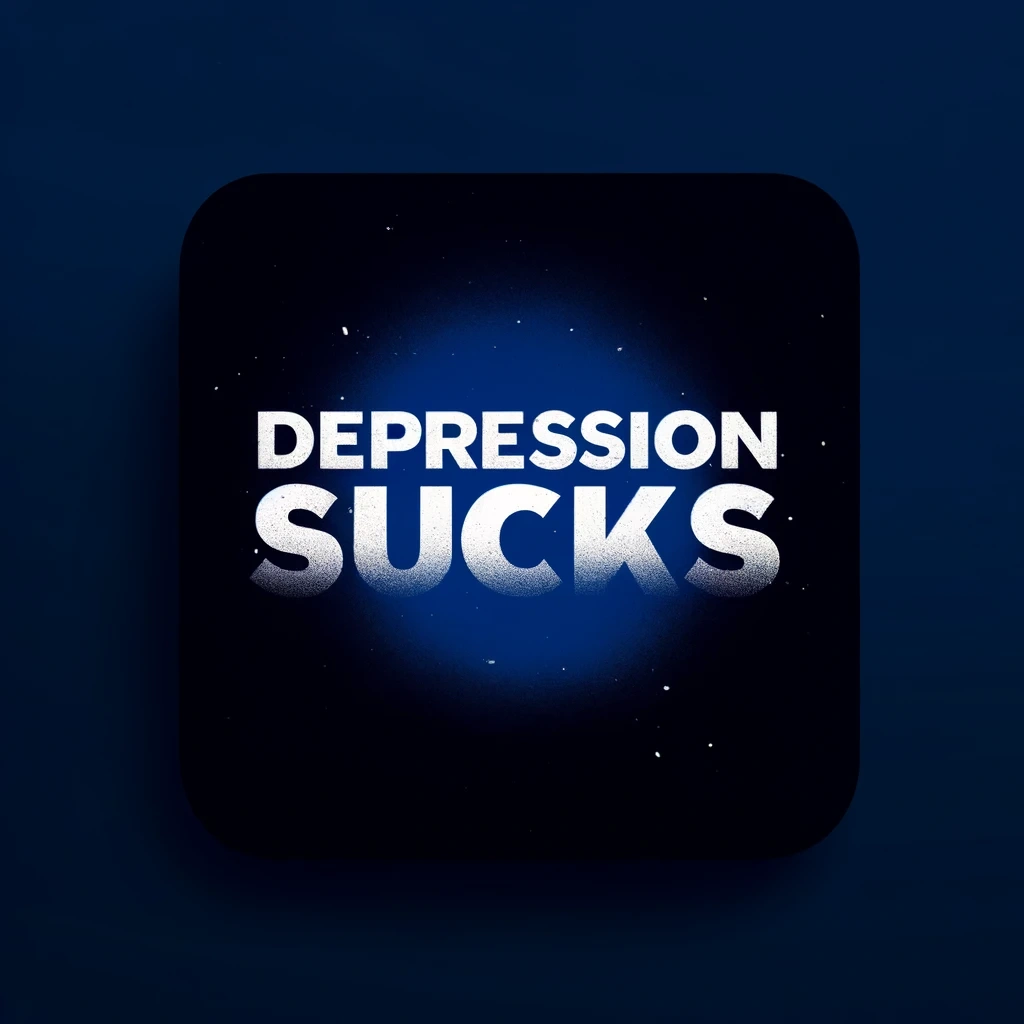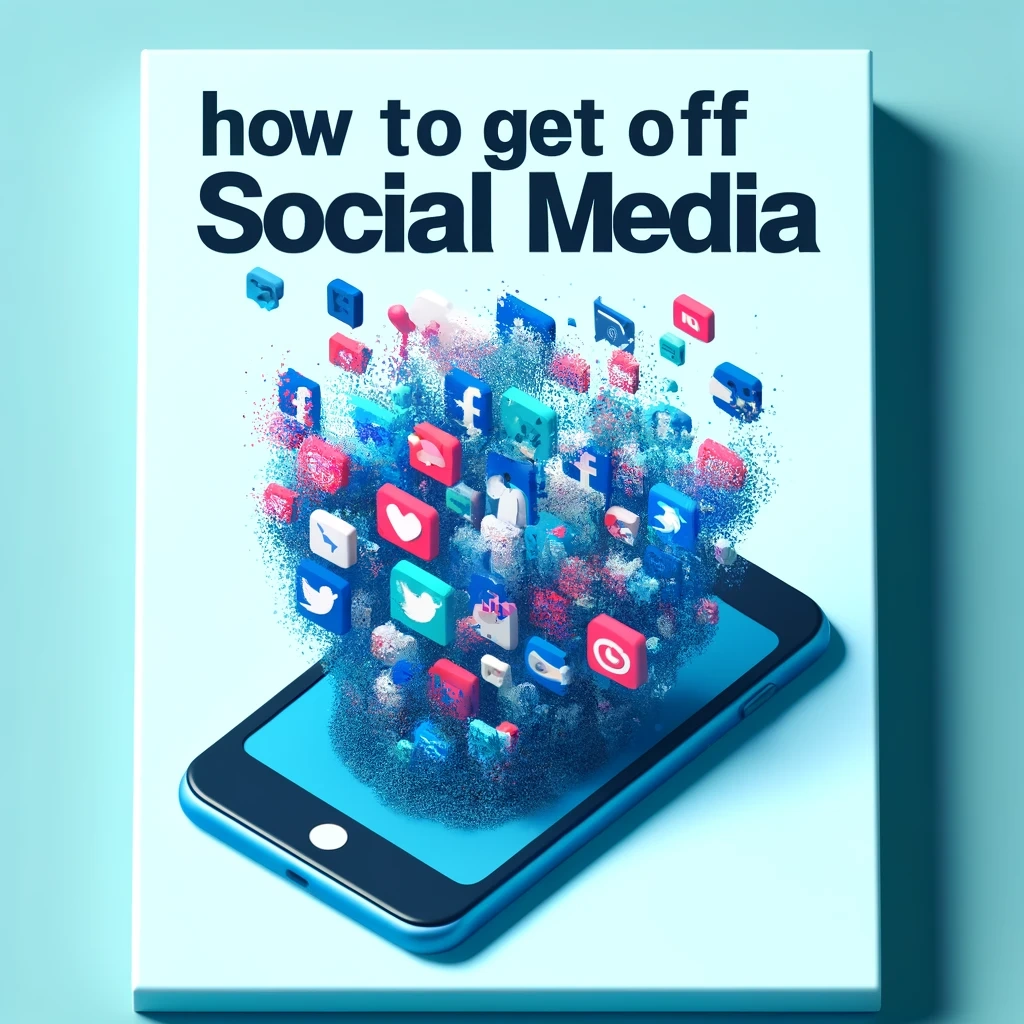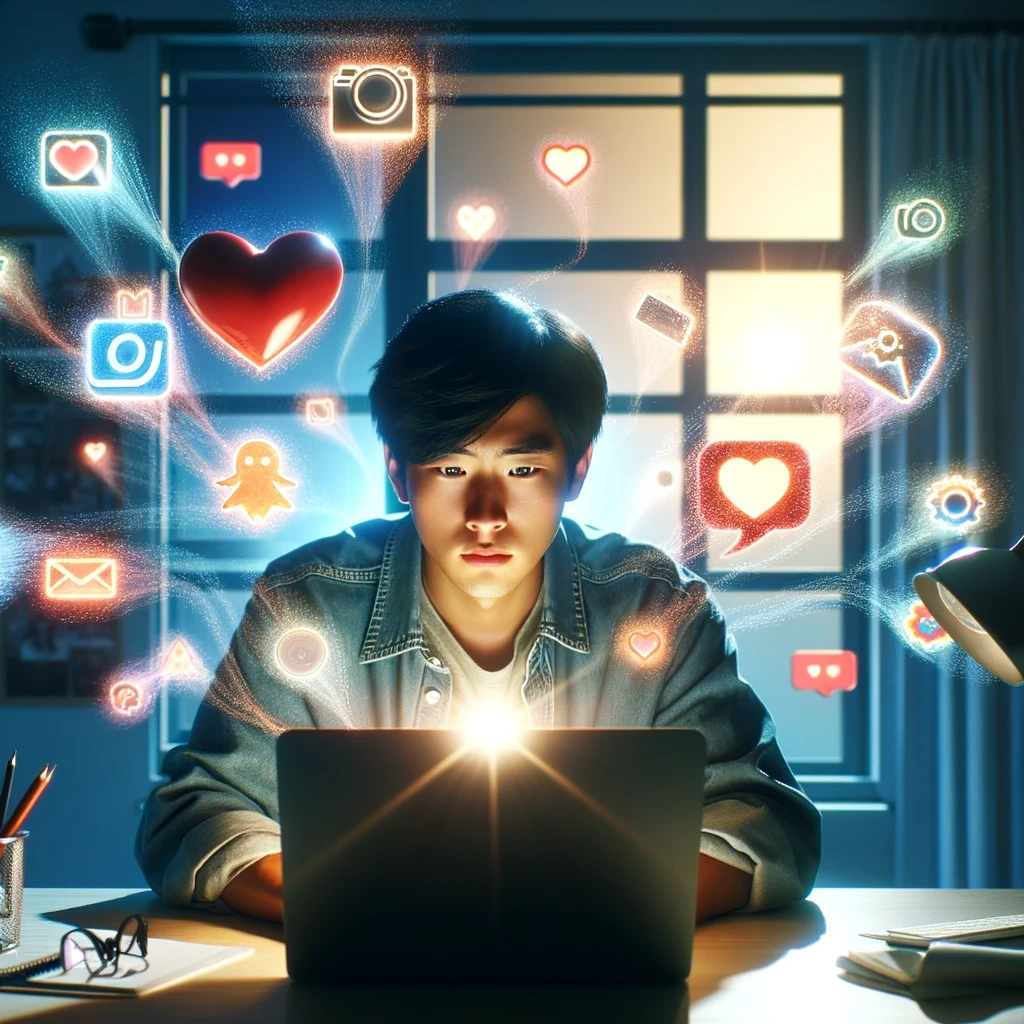As society is becoming more interconnected with mobile devices, it's becoming evident that we're only becoming more addicted to our phones. Phone addiction will be a big problem in the near future. First came the mobile smartphone proliferation then social media networks came quickly after. Within a matter of 10 or so years, half of the world's population was subscribed to one social media platform or another.
The combination of those technological advances coupled with a pandemic created an awkward situation with social media. It was the only place to connect, however, not only was it riddled with misinformation, it was designed to get you addicted. And getting addicted to social media is no pleasant thing at all. Perhaps it feels good at the moment, a way to escape our realities but more and more studies are uncovering the negative mental health consequences of social media addiction.
In search of an answer to the questions of ‘would society be better if social media didn’t exist?’ or 'would mental health issues be lessened if we unplugged social media?', below is a thorough literature review of literature reviewed psychological studies on this topic. I wanted to hear from the people who are conducting research on this topic. I found endless amounts of research confirming that increased social media use leads to negative mental health consequences such as increased depression, anxiety, self-esteem, and relationship issues.
Although there are some studies that contradict these results, the majority of studies agree on the negative mental health consequences of increased social media use.
1. Excessive Social Media use leads to increased rates of depression
The first problem with social media use is that addicted users can become depressed. The main word here is which means not all social media users who display problematic social media users become depressed, but many of them do. This is supported by a recent study by Robinson et al. (2019) that showed that out of 504 Millennials who answered the Social Media Addiction Scale (which asked to respond to statements such as, "How often during the last year have you become restless or troubled if you have been prohibited from using social media?"), those with higher scores were significantly more likely to meet the criteria for Major Depressive Disorder.
This is a huge problem. In fact, this is such a big problem that it has its own name: the "Facebook Depression” hypothesis. Another term for this is scrolling paralysis - a situation where a social media user is unable to stop scrolling.
How come Facebook use makes us depressed? Well, according to Yoon et al. (2019), who found a small to medium effect size between higher levels of depression and greater general social comparisons on social media. This gives us a clue that perhaps the act of comparing ourselves on social media is what causes depression.
2. Social Media use and Self-esteem
Social media use is correlated with an increased negative impact on self-esteem, especially in young adults. Adolescents are susceptible to considerable mental health harm since their social media profile is constantly within their reach; thereby, self-comparison and cyberbullying are threats no longer can be left at school (Richards et al., 2015). In their literature review, Richards et al. outline the negative effects of social media use due to the fact their digital or online self is an extension of their actual self, and negative feedback results in reduced self-image and self-esteem.
A recent study looking at self-esteem but from the angle of social comparison and body dissatisfaction, Badillo (2019), found that social comparison on social media negatively influences body dissatisfaction. We built Betimeful for this specific reason: download it here:
3. Problematic social media use leads to increase anxiety
Another fundamental negative consequence of heavy social media use is increased anxiety. Data shows that the prevalence of anxiety and depression has increased by 70% in the past 25 years in young people (Keles et al., 2019). The same study measured four domains of social media: time spent, activity, investment, and addiction. They found that all domains correlated with depression, anxiety, and psychological distress. A good way to decrease problematic social media use is with a social media detox.
4. Social Media use and Relationship Issues
The last issue that we’ll discuss here is how social media use has been associated with increased relational aggression and jealously within romantic relationships. In an ongoing, longitudinal study of 442 emerging adults, Holmgren and Coyne (2017) found that those who are low in self-regulation are likely to be significantly affected by heavy social media use which in turn will make them more susceptible to lash out aggressively on their peers or family members. As we can see social media use impacts relationships as well.
To conclude, having looked at 100’s of peer-reviewed studies, we can conclude that excessive social media use leads to negative consequences and relationship problems.
We’re trying to solve that here in at BeTimeful, a chrome extension designed to make social media less addictive. You can use BeTimeful to help you break your social media addiction. You can read this blog to help you stay motivated or this blog to help you stay productive. If none of these work, try reaching following any of these top productivity coaches.
Sources
Robinson, A., Bonnette, A., Howard, K., Ceballos, N., Dailey, S., Lu, Y., & Grimes, T. (2019). Social comparisons, social media addiction, and social interaction: An examination of specific social media behaviors related to major depressive disorder in a millennial population. Journal of Applied Biobehavioral Research, 24(1), 1-14. doi:http://dx.doi.org.ezproxy.library.yorku.ca/10.1111/jabr.12158
Yoon, S., Kleinman, M., Mertz, J., & Brannick, M. (2019). Is social network site usage related to depression? A meta-analysis of Facebook–depression relations. Journal of Affective Disorders, 248, 65-72. doi:http://dx.doi.org.ezproxy.library.yorku.ca/10.1016/j.jad.2019.01.026
Richards, D., Caldwell, P. H., & Go, H. (2015). Impact of social media on the health of children and young people. Journal of Paediatrics and Child Health, 51(12), 1152–1157. https://doi.org/10.1111/jpc.13023
Badillo, K. (2019). Experimental effects of social media on body dissatisfaction and eating pathology: Upward versus downward comparisons (Order No. 22587280). Available from ProQuest Dissertations & Theses Global. (2303232263). Retrieved from http://ezproxy.library.yorku.ca/login?url=https://www-proquest-com.ezproxy.library.yorku.ca/dissertations-theses/experimental-effects-social-media-on-body/docview/2303232263/se-2?accountid=15182
Keles, B., McCrae, N., & Grealish, A. (2019). A systematic review: The influence of social media on depression, anxiety and psychological distress in adolescents. International Journal of Adolescence and Youth, doi:http://dx.doi.org.ezproxy.library.yorku.ca/10.1080/02673843.2019.1590851
Holmgren, H. G., & Coyne, S. M. (2017). Can’t stop scrolling!: pathological use of social networking sites in emerging adulthood. Addiction Research & Theory, 25(5), 375–382. https://doi.org/10.1080/16066359.2017.1294164

